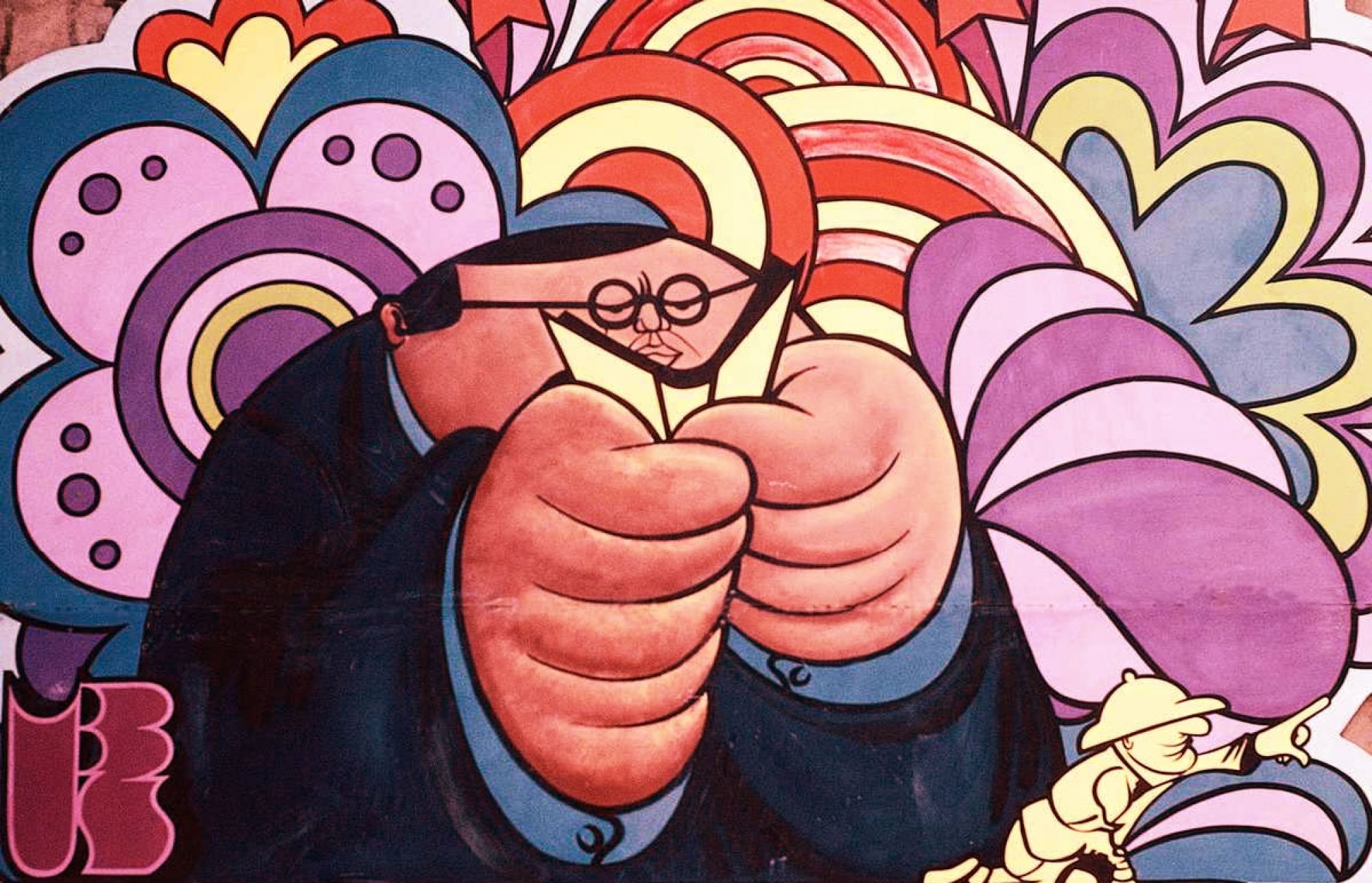AN Wilson – biographer, historian, novelist, columnist, provocateur – is the author of more than 40 books, including, most recently, Hitler: A Short Biography. His 1998 biography of Tolstoy, which won the Whitbread prize, is now being reissued.
You wrote recently that you used to regard Tolstoy as a mystery but he now makes sense. What did you mean?
I was perhaps a little bit too inclined to think of a great conversion in the middle of his life. But when you go back and read the stuff he wrote as a soldier, and the war passages in War and Peace, it’s clear he’s moving towards the position of pacifism and hatred of war that dominated the second half of his life. Similarly, inWar and Peace, the emphasis on peasant wisdom and the vacuity of the upper classes in Russia, it’s all there.
How would you sum up his writing?
The word that leads you in is realism. When I was writing this book, Anthony Powell said to me: “Why do you want to waste your time writing about him, his books are just cinema?” I know what he means, particularly if you turn to Dostoevsky, and there’s all that agitation and innerness, as if you’re inside people’s heads. Whereas with Tolstoy it’s as if you’re in the room. In many ways, he’s an extraordinarily detached writer. As I’ve got older, I’ve become keener on this.
Which novelists would you place alongside Tolstoy?
He really wrote in the tradition of history writing, which confuses people. He was writing between history and art, and to that extent the only writer who is remotely like him is Walter Scott. And Balzac to a certain extent.
( Courtesy of The Guardian, 572 pages )

